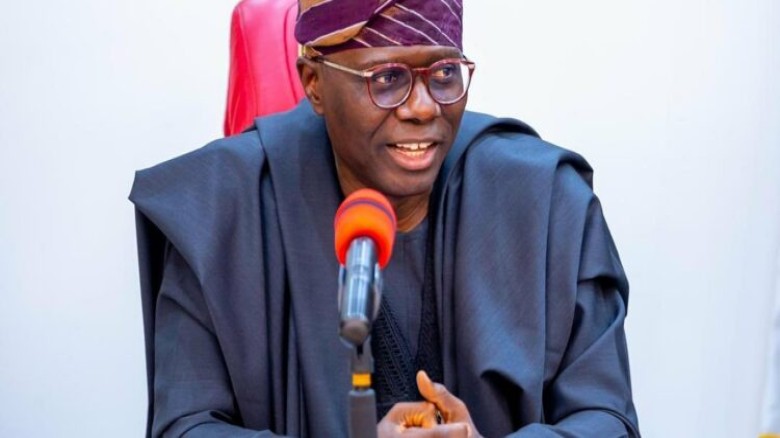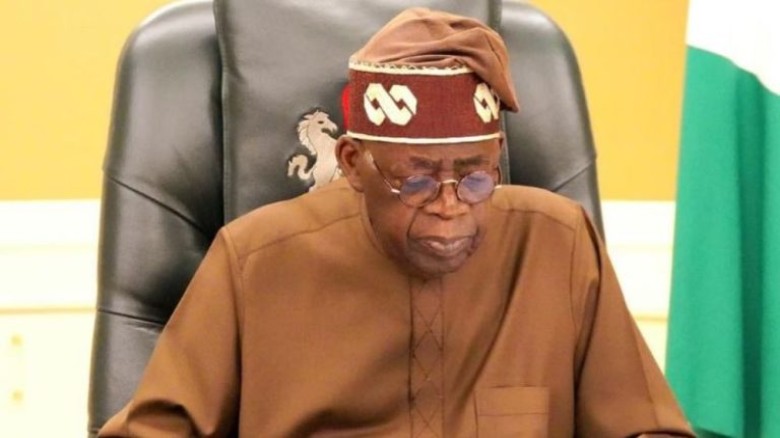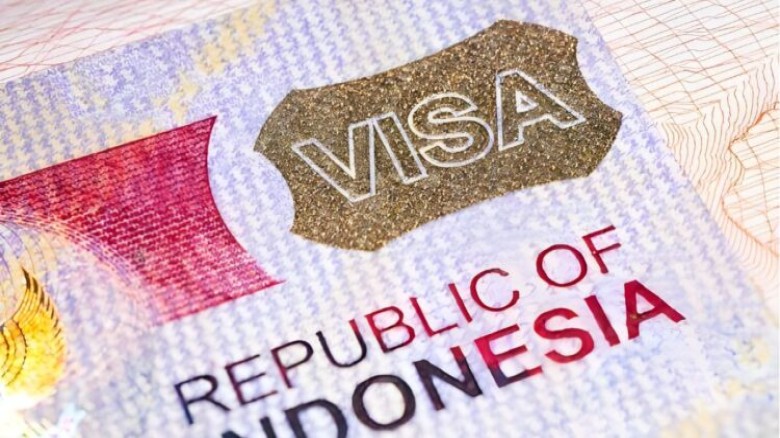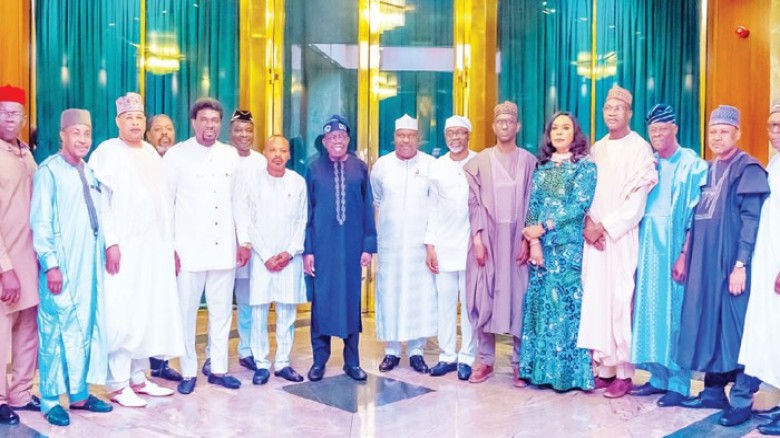Minimum Wage: Tinubu, Labour talks adjourned till next week
President Bola Tinubu's talks with the Organised Labour on the minimum wage were postponed till next week to allow for more engagement with all stakeholders.The leadership of Organised Labour, led by the Presidents of the Nigeria Labour Congress, Joe Ajaero, and the Trade Union Congress, Festus Osifo, arrived at the State House around 2:00 p.m. and were brought into Tinubu's offices.
The Tripartite Committee on the New National Minimum Wage recently submitted two amounts to the President, with the organized corporate sector and the government team offering N62,000 and the organised labour demanding N250,000.
Following the disagreement over the figure, the President postponed submitting any figure to the National Assembly via the Executive Bill in order to confer with all key stakeholders and resolve any disputed matters.
Ajaero, who spoke to State House Correspondents after the meeting, said there were no negotiations during the one-hour session.
Rather, it was a debate of the country's current economic reality, he explained.
"In reality, it wasn't a negotiation, but rather a discussion, which we had. We decided to review the actual terms and reconvene in the next week.
"So, that is where we are because we did not go down there to discuss naira and kobo. At the very least, we agreed on certain basic matters."
When asked if the Organised Labour persisted on the N250,000 demand at the meeting, the NLC chairman stated, "I recall noting that we didn't go into naira and kobo discussions.
"Now the status quo in terms of the amount N250,000 and N62,000 remains until we finish this conversation."
Osifo, President of the TUC, also spoke, claiming that Organized Labour had laid out all of the economic indicators and how they were affecting Nigerians.
When asked about the points of agreement, Osifo replied, "In the meeting, we tried to put the issues on the table." Issues that are impacting and stinging Nigerians today include economic challenges and the naira's value, which has decreased, and how these have affected market prices for commodities and goods.
"So, we sought to position these in front of Mr President because he is the country's President and the majority of the action takes place at his table.
"We've had meetings with all of his agents, but today (Thursday), we said, let's meet with the father of the country and have this debate and make the argument that Labour always makes.
"We presented all of the reasons, including economic analysis, macro, micro, fiscal, and monetary difficulties. So we presented everything and concluded. The President delivered his remarks as President, and we all agreed. Let's go back and internalize it, have some chats, and then come back in one week to finish the meeting."
Despite the standoff, Nkeiruka Onyejeocha, Minister of State for Labour and Employment, described the conference as "fruitful."
"This is a great encounter between parent and children. We are hopeful that everything will be addressed soon.
"Of course, you understand what happens when a father and his children talk?
"That is exactly what happened. It took us nearly an hour. I feel it's all for the best," she argued.
Mohammed Idris, Minister of Information and National Orientation, expressed hope that next week's negotiations will provide a satisfactory outcome.
Idris explained, "Recall that there is already 62,000 naira that has been put out there from the government and the organized private sector, but the organised labour is still refusing to accept it, but we know that they will come to the table, and we know that this is something that will work for Nigeria.
"The organized labor and the administration will come to an accord. We have now adjourned for a week. The labor union requested that the government give them at least a week to continue discussions, which we granted.
"We'll reconvene in the next week, and we hope and believe that by the end of the day, we'll have something good for all Nigerians." We expect that by the time we meet again next week, we will have something that Nigerians can see and agree on," he stated.
Meanwhile, a source familiar with the meeting told our correspondent that President Tinubu asked Organised Labour to examine the N62,000 offer given by the FG and the organised private sector.
The insider insisted on keeping nameless because he was not permitted to brief the press.
"President Tinubu proposed that instead of waiting five years to evaluate the minimum wage, we continue to have a discourse and consider revisiting it every two years.
"He also said that the Organised Labour should consider the N62,000 offer because it is double the N30,000 we were paying," a source told me.
According to another source, who spoke on the condition of anonymity, the President simply laughed when the NLC President reminded him that accepting N62,000 would result in lower wages because the lowest-paid worker currently earns N72,000 (including the wage award and 40% increase).
Meanwhile, President Tinubu has proposed that Nigeria's minimum salary be reviewed every two years, rather than every five, as required by law.
He based his idea on the reasoning that Nigerian workers, as the nation's driving power, deserve improved benefits, higher earnings, and safer and better working conditions.
Ajuri Ngelale, Special Adviser to the President on Media and Publicity, confirmed this in a statement issued Thursday headed 'President Tinubu to Labour leaders: I am worried about Nigerian workers and dedicated to a just, realistic minimum wage.'
President Tinubu stated that he is concerned about the wellbeing of Nigerian workers and that his administration is addressing their problems.
"I focus on everything around me. "A happy worker is a productive worker, and society relies on the happy worker's productivity," the President stated.
However, he advocated for realistic expectations in the minimum wage debate, saying, "You have to cut your coat according to the available cloth. Before we can finalize the minimum wage procedure, we need to examine the structure.
"Why do we have to adjust wages every five years?" Why not two? Why not in three years? What is a problem now can be alleviated tomorrow.
"There is a lot of dynamism in this process provided we don't narrow our perspectives. We can adopt a surgical approach based on pragmatism and a thorough comprehension of all factors."
In his speech, NLC President Ajaero emphasized the need for an increase in the minimum wage, saying, "We need to find a balance between the living wage and the minimum wage." "Things are difficult for Nigerian workers."
He commended the President on the Supreme Court's decision supporting local governments' constitutional rights to financial autonomy and other key issues.
"I'd want to congratulate you on the topic of local government autonomy. We have been out in the streets, protesting for local government authority.
"Now there's light at the end of the tunnel. Failure to commend you would be an act of ungratefulness, according to the NLC President.
The TUC President, Osifo, stated that inflation had reduced the value of the naira and that the government's actions to address growing food and transportation costs needed to take effect to provide citizens with relief.
He stated that the introduction of Compressed Natural Gas-powered buses will assist to reduce the high cost of transportation, while the recent instruction to suspend tariff on certain food imports, if effectively executed, would lower food prices.
"We commend you on the Supreme Court's groundbreaking decision. History will not forget what happened today. "With this decision, we believe Nigeria will make progress," the TUC President added.
























Leave A Comment